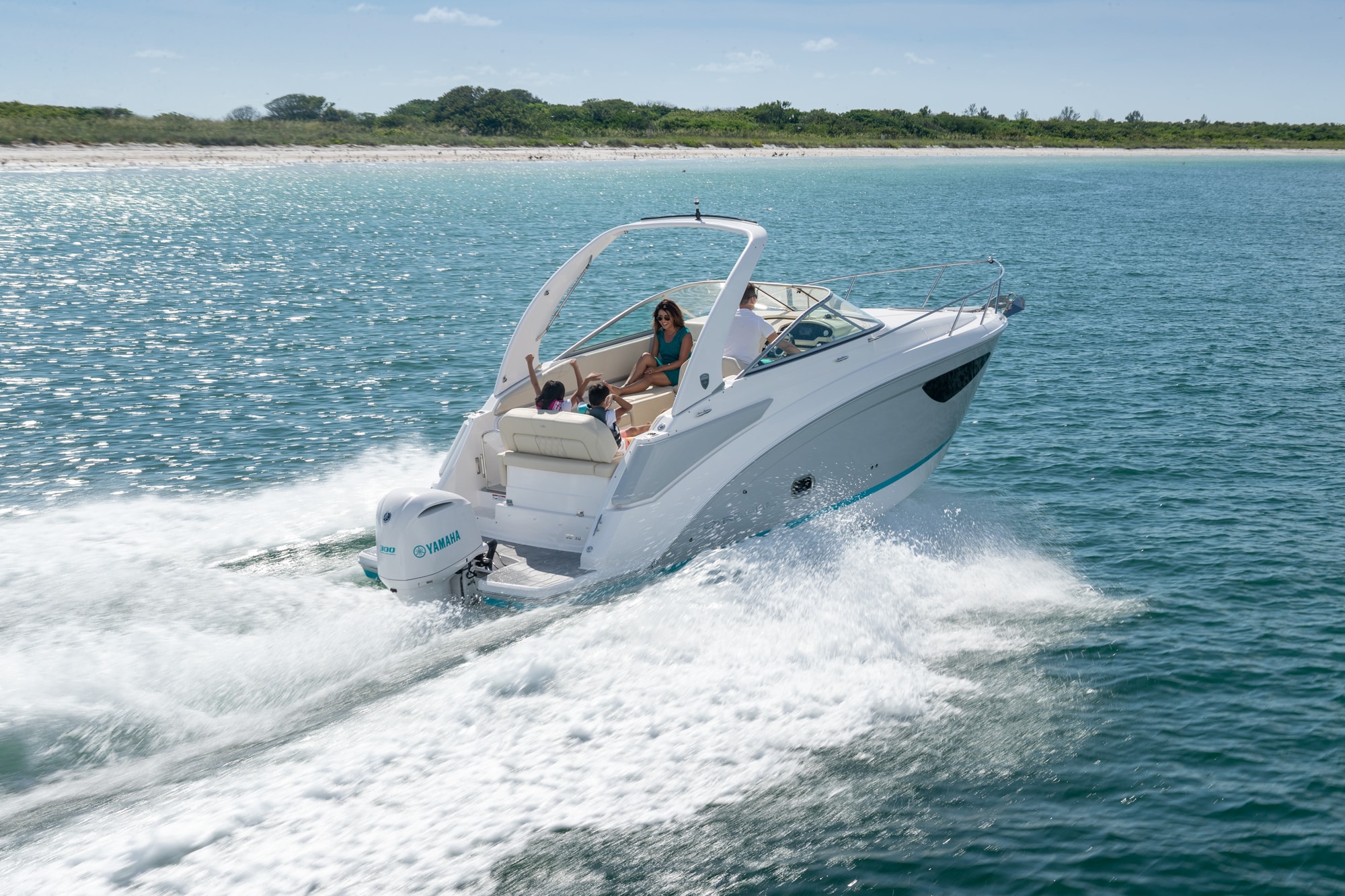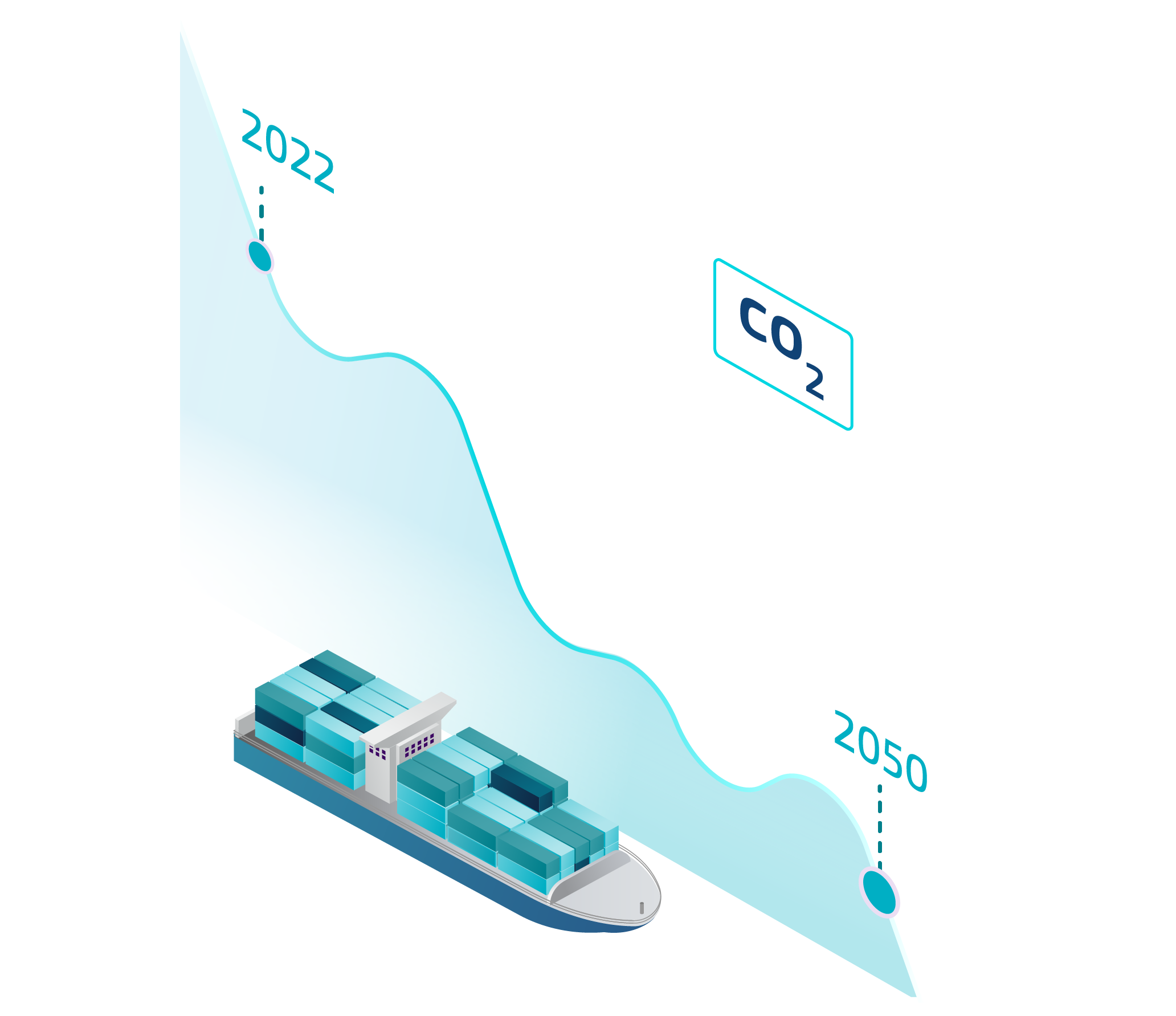To improve boat fuel efficiency, maintain proper engine tuning and trim, reduce weight onboard, and plan efficient routes. These practices can help you save money on fuel costs while enjoying your time on the water.
Whether you have a small recreational boat or a larger vessel, implementing these tips will benefit both your wallet and the environment. By being mindful of your boat’s performance and making simple adjustments, you can increase fuel efficiency and prolong your boating adventures.
Let’s explore these strategies further to ensure you get the most out of every drop of fuel while out on the water.

Credit: shelteredcovemarina.com
Introduction To Fuel Efficiency In Boating
When it comes to boating, fuel efficiency plays a crucial role in both environmental impact and expenses. Understanding how to improve boat fuel efficiency not only helps you save money on fuel costs but also reduces your carbon footprint. In this blog post, we will explore the importance of fuel economy in boating and its impact on the environment and expenses.
The Importance Of Fuel Economy
Having good fuel economy in your boat is essential for several reasons:
- Cost Savings: Improving your boat’s fuel efficiency can significantly reduce your fuel expenses, allowing you to enjoy more time on the water without breaking the bank.
- Extended Range: A fuel-efficient boat allows you to explore farther and spend more time enjoying your favorite boating destinations.
- Longer Engine Life: Efficient fuel consumption reduces wear and tear on your boat’s engine, potentially prolonging its lifespan and minimizing maintenance costs.
- Resale Value: Fuel-efficient boats are more attractive to potential buyers, making it easier to sell your boat at a favorable price in the future.
Impact On Environment And Expenses
Boating has an undeniable impact on the environment, and fuel consumption is a significant contributor to this. By improving fuel efficiency in boating, you can:
- Reduce Emissions: Fuel-efficient boats release fewer harmful pollutants into the air and water, helping to preserve the natural beauty of our lakes, rivers, and oceans.
- Protect Marine Life: Lower fuel consumption decreases the risk of oil spills and other environmental disasters, safeguarding marine ecosystems and the creatures that inhabit them.
- Minimize Fuel Waste: Efficient fuel usage reduces the amount of fuel wasted, allowing you to spend less on refueling and more on enjoying your boating adventures.
- Contribute to Sustainability: By prioritizing fuel efficiency, you become an advocate for sustainable boating practices, setting an example for others to follow.
Improving boat fuel efficiency is not only a smart financial decision but also a responsible choice for the environment. In the following sections, we will delve into actionable tips and strategies that can help you enhance the fuel economy of your boat.

Credit: www.boatus.org
Regular Maintenance Checks
Regular maintenance checks are crucial for improving boat fuel efficiency. By keeping your boat in top condition, you can ensure that it runs smoothly and uses fuel more efficiently. Here are some important areas to focus on when conducting regular maintenance checks:
Engine Tune-ups
Regular engine tune-ups play a vital role in maintaining fuel efficiency. Checking and replacing spark plugs, fuel filters, and oxygen sensors are essential to ensure the engine operates at peak performance. Adjusting the ignition timing and cleaning the carburetor can also significantly impact fuel consumption.
Hull Cleaning
Keeping the boat’s hull clean is equally important. Regularly cleaning and antifouling the hull can reduce drag, allowing the boat to move more efficiently through the water. This, in turn, can lead to lower fuel consumption and improved overall performance.
Smart Boating Practices
Smart boating practices are essential for improving boat fuel efficiency. By incorporating these practices, boaters can reduce fuel consumption, save money, and minimize their environmental impact. Let’s explore some smart boating practices that can help optimize fuel efficiency.
Optimal Speed Maintenance
Maintaining an optimal speed can significantly impact fuel efficiency. Boaters should strive to find the most efficient speed for their vessel, typically the point at which the boat planes on the water. Operating at this speed reduces fuel consumption and maximizes the distance traveled per gallon of fuel.
Avoiding Excessive Idling
Excessive idling can waste fuel unnecessarily. Boaters should minimize idling time by turning off the engine when the boat is stationary for an extended period. This simple practice can lead to substantial fuel savings over time.
Upgrading Your Propeller
Benefits Of A High-efficiency Propeller
Switching to a high-efficiency propeller can significantly improve your boat’s fuel efficiency. By reducing drag and increasing thrust, a high-efficiency propeller allows the engine to operate more effectively, resulting in lower fuel consumption and longer cruising distances. Additionally, a high-efficiency propeller can improve the overall performance of your boat, providing better acceleration and smoother handling on the water.
Choosing The Right Propeller
When selecting a propeller for your boat, it’s crucial to consider factors such as boat size, engine specifications, and the type of boating you’ll be doing. The right propeller should match your boat’s engine and hull design, optimizing performance and fuel efficiency. Consulting with a marine specialist can help you determine the most suitable propeller for your specific boating needs.
Weight Management Onboard
Boost boat fuel efficiency with Weight Management Onboard. Enhance performance by minimizing excess weight and optimizing engine operation for improved mileage.
Balancing Load
One of the most important aspects of weight management onboard is balancing the load on the boat. This means ensuring that the weight is evenly distributed throughout the vessel, which can help to reduce drag and improve fuel efficiency. To achieve this, it’s important to consider the placement of heavy items such as fuel tanks, water tanks, and engines. By positioning these items in the center of the boat and distributing weight evenly from side to side, you can achieve a more balanced load and improve fuel efficiency.De-cluttering Unnecessary Gear
Another effective way to manage weight onboard is to de-clutter unnecessary gear. This means removing any items that are not essential to the boat’s operation or safety. For example, you may have accumulated extra fishing gear, water toys, or other recreational equipment that is taking up valuable space and adding unnecessary weight to the boat. By removing these items, you can free up space and reduce the overall weight of the vessel, which can help to improve fuel efficiency.Table
| Item | Weight (lbs) |
|---|---|
| Fishing Gear | 50 |
| Water Toys | 75 |
| Extra Fuel Tanks | 100 |
Navigational Planning
Navigational Planning plays a crucial role in improving boat fuel efficiency. By carefully considering factors such as Route Optimization and Weather and Current Considerations, you can ensure a smoother and more efficient journey.
Route Optimization
Choose the most direct and fuel-efficient route for your journey to save on fuel costs. Avoid unnecessary detours and plan your path strategically.
Weather And Current Considerations
Check the weather forecast before setting sail to anticipate any adverse conditions that could impact fuel efficiency. Consider currents to take advantage of natural forces.
Utilizing Fuel Additives
To improve boat fuel efficiency, consider utilizing fuel additives that increase engine performance and reduce fuel consumption. These additives can also prevent corrosion and buildup in the fuel system, leading to a longer lifespan for your boat’s engine.
Utilizing Fuel Additives is a great way to improve the fuel efficiency of your boat. These additives are specially designed to enhance the performance of your boat’s engine, resulting in better fuel economy and reduced emissions. Let’s dive deeper into the Types of Additives, Correct Usage, and Benefits of using fuel additives.Types Of Additives
There are different types of fuel additives available in the market. Each type of additive serves a specific purpose. Here are some of the common fuel additives:- Fuel Stabilizers: These additives prevent fuel from breaking down and oxidizing over time, which can lead to engine problems.
- Cleaners: Cleaners remove harmful deposits and impurities from the fuel system, improving the engine’s performance.
- Lubricants: Lubricants protect the engine’s moving parts and reduce friction, resulting in a smoother and more efficient engine operation.
- Oxygen Scavengers: These additives reduce the amount of oxygen in the fuel, preventing oxidation and reducing the risk of fuel-related problems.
Correct Usage And Benefits
Using fuel additives correctly is crucial to achieving the desired results. Here are some guidelines for using fuel additives:- Follow the manufacturer’s instructions: Each fuel additive comes with specific instructions on how to use it. Be sure to read and follow these instructions carefully.
- Use the right additive: Make sure to choose the right type of additive for your boat’s engine. Using the wrong additive can cause more harm than good.
- Use additives regularly: Using fuel additives regularly can help maintain your engine’s performance and prevent future problems.
- Benefits of using fuel additives: Using fuel additives can help improve your boat’s fuel efficiency, reduce emissions, and extend the life of your engine.

Credit: onboard-platform.com
Investing In Fuel Monitoring Systems
Enhance boat fuel efficiency by incorporating fuel monitoring systems. Monitor fuel consumption to make informed decisions.
Tech Advancements In Monitoring
Modern systems offer real-time fuel usage data. Track fuel levels accurately.
Analyzing Data For Improvement
Utilize data to optimize routes and engine performance. Identify areas for enhancement.
Conclusion
Improving boat fuel efficiency is essential for both economic and environmental reasons. By following the tips mentioned in this blog post, such as maintaining a proper engine tune-up, reducing weight on board, and using fuel additives, boat owners can significantly increase their fuel efficiency and save money in the long run.
Remember, small changes can make a big difference in maximizing your boat’s performance and reducing your carbon footprint. So, implement these strategies and enjoy a more efficient and eco-friendly boating experience.


